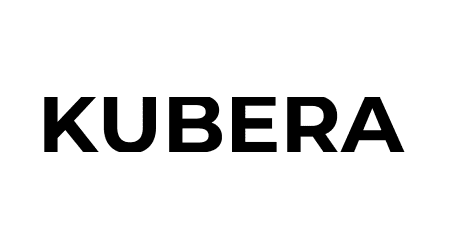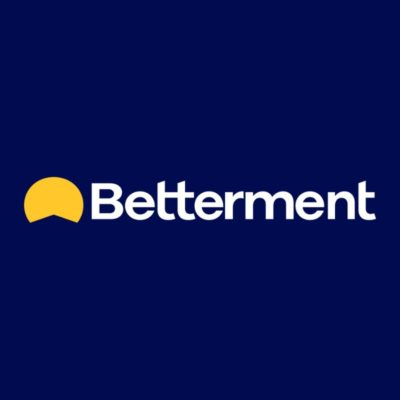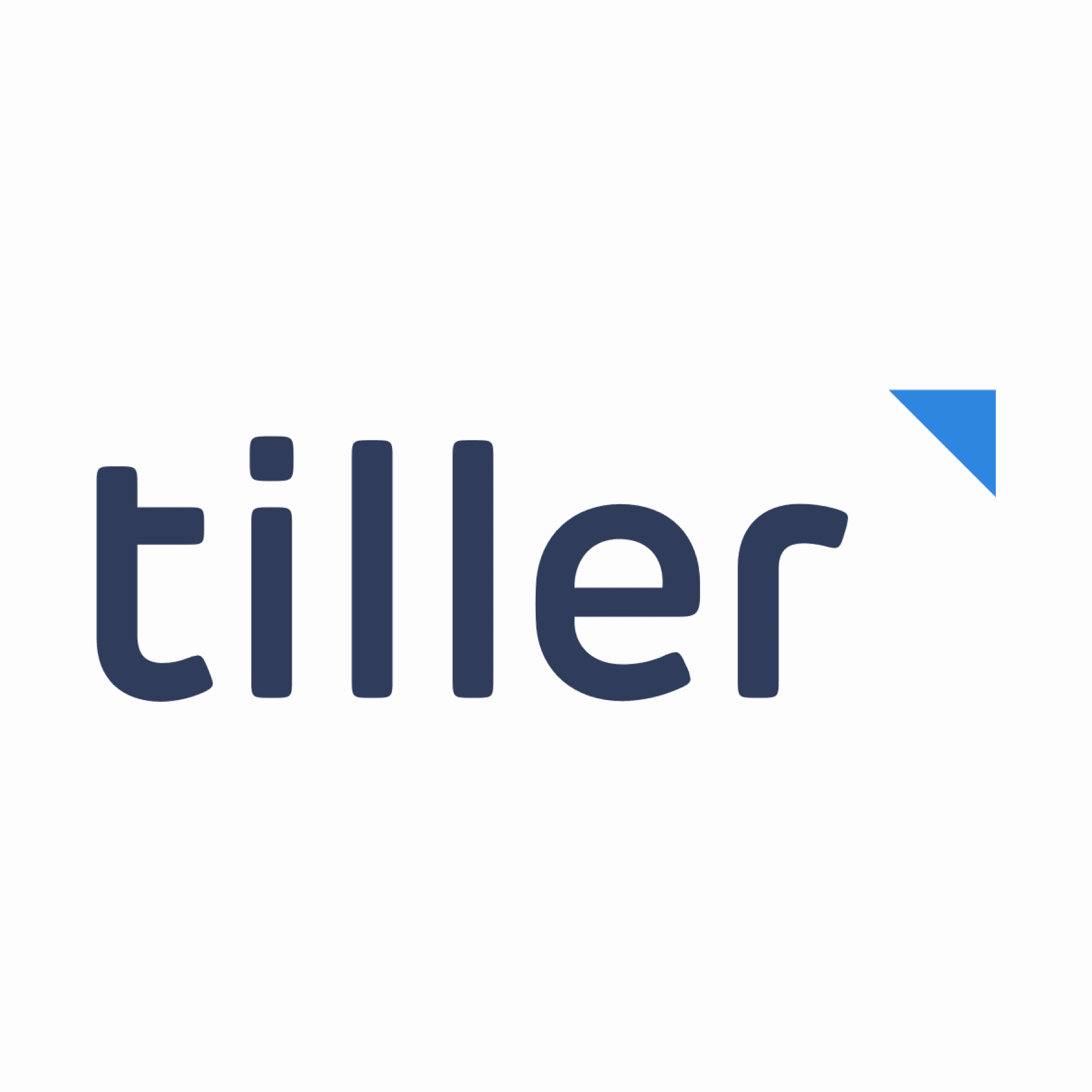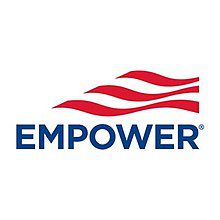Personal Capital, now Empower, is a popular financial app for Android and Apple devices that offers cash, personal finance, and wealth management services. While it has some appealing features, there are some competitive Personal Capital alternatives on the market that could be a better fit for your money management needs.
In this guide, we’ll take a closer look at my top recommendations for alternatives to Personal Capital to help you pick the best solution for your needs.
8 Best Personal Capital Alternatives to Help Manage Your Money
Here are the best Personal Capital alternatives that you can use today:
- Topia: Best for Reaching Financial Independence
- Kubera: Best for Alternative Investing
- M1 Finance: Best for Low-cost Investing
- Monarch Money: Best for Shared Finances
- Rocket Money: Best for Managing Subscriptions
- Betterment: Best for Investment Management
- You Need a Budget (YNAB): Best for Budgeting Tools
- Tiller Money: Best for Tracking Finances
1. Topia 
Best For: Reaching Financial Independence
With so much content online surrounding the FIRE Movement, knowing where to start can be overwhelming. Topia was built to make financial independence accessible, giving users all the tools they need to quicken their FI journeys on one user-friendly platform.
I’m a Topia investor and believe it’s a better alternative to Personal Capital because of recent bugs in the app since Empower’s acquisition.
Once you sign up for Topia, you can link your accounts securely with Plaid and get instant recommendations to accelerate your path to financial freedom.
One of the most convenient features is the Tinker tool, which lets you create financial scenarios, like adding another stream of income, to see how they impact your roadmap to FI.
There’s also a premium FI-Prenuer plan that provides access to hands-on coaching and a community of entrepreneurs to help you launch and scale your side hustle for $79/month.
2. Kubera 
Best For: Alternative Investing
Dubbing itself a time machine for your net worth, Kubera helps you easily compare your past and present finances and plan for the future.
It’s one of the most accessible tracker apps to connect to, partnering with Plaid, Yodlee, and a handful of other reputable aggregates to link users’ accounts.
In addition to tracking every dollar you earn and the stocks, ETFs, and mutual funds you invest in, Kubera tracks the value of your other assets like crypto, your home, cars, metals, and web domains.
The platform provides a customizable dashboard with intuitive reporting tools. You can also share access to your account with your financial advisor and get advice from other users on Kubera’s Discord channel.
Kubera’s Personal Plan costs $29 monthly, while the Family Plan costs $49. You can try the service out for 14 days for $1.
Kubera is hard to beat if you’re primarily looking for in-depth tracking and insights for your digital investment portfolio and you’re willing to pay for it.
3. M1 Finance 
Best For: Low-cost Investing
If you’re looking for a self-directed investing alternative that can match Empower’s robo-advisor services, M1 Finance should be on your list.
With M1’s investment portfolios, called pies, you can choose the slices of securities you invest in or choose one of M1’s expertly-built portfolios. From there, you can enjoy automated portfolio management with rebalancing to keep your investments on track.
In addition to its investment accounts, M1 offers a rewards credit card, loans, and more.
The free app has a $100 minimum investment for brokerage accounts, making it more accessible for new investors.
The platform has blog posts on general personal finance topics, investment research, and basic tracking for your net worth across M1 accounts. However, Empower has more financial planning tools overall.
Learn More:
4. Monarch Money 
Best For: Shared Finances
Monarch Money is a one-stop shop for tracking your investments, income, and spending.
The intuitive dashboard breaks down your assets, liabilities, and net worth so you can see where you stand in one view.
You can set financial goals, track your progress in the app, create customized charts and reports, and drag and drop widgets on your dashboard. The platform also comes with several easy-to-use calculators.
Monarch Money is integrated with more than 11,000 banks, allowing you to sync your accounts and see daily updates on your current finances.
One of the biggest perks of Monarch Money is its collaboration feature. Both you and your partner get account access with individual logins at no additional cost. You can also share your account with your financial advisor.
The Monarch Money app is highly rated by Apple and Android users. Membership costs $14.99 per month, or $8.33 when you pay annually, and you can check it out with a 7-day free trial.
Learn More about Monarch Money
5. Rocket Money 
Best For: Managing Spending
Rocket Money has a lot to offer if you’re looking to level up your day-to-day finances.
In addition to showing you a complete picture of your net worth across all your accounts and assets, Rocket Money can help you build a budget with spending goals and notifications.
It also provides credit monitoring, updating you when your score changes and providing insights into different credit factors.
Its standout feature is its subscription service. The app breaks down all of your subscriptions by category and amount. If you’re ready to part ways with a subscription, Rocket Mortgage’s concierge will cancel it for you.
You can also apply for a Rocket Card. The Visa Signature Card gives you 5% cashback towards a new home purchase or 2% towards paying down your existing Rocket Mortgage home loan.
Learn More:
6. Betterment 
Best For: Investment Management
Betterment is a leading personal finance platform that offers a variety of useful services.
One of my favorite things about Betterment is that it supports investment tracking. The Betterment app can track investment accounts and lets you set custom investing and savings goals.
Betterment lets you check balances on the fly and make deposits and transfers into different financial accounts from one interface.
Betterment offers a free checking account, Visa debit card, ATM fee reimbursement, and FDIC insurance. It comes with a high-yield cash account offering a 4.50% APY, along with financial advice and planning tools.
Betterment’s investing service has an annual fee of 0.25% or $4 per month, with a 1% fee on cryptocurrency trades.
Learn More:
7. You Need a Budget (YNAB) 
Best For: Budgeting Tools
YNAB cuts out all the extra noise and solely focuses on budgeting.
YNAB also offers educational resources and a shared budgeting component so you can budget with a friend, housemate, or family member.
This app is user-friendly and makes it easy to visualize progress with simple charts and graphics. The only catch to YNAB is the price tag: The app costs $14.99 per month, or $98.99 annually.
While some users may find it hard to justify paying that much for a budgeting app, YNAB can pay for itself over the year if you use it to save effectively.
If you’re interested in YNAB, my advice is to try the free 34-day trial to see if you like the app before you commit to spending money on it.
Learn More:
8. Tiller 
Best For: Tracking Finances
Tiller makes it easy to view and track your accounts from different financial institutions in one place.
This app uses spreadsheet-style reporting with automatic daily updates. Simply connect your accounts to Tiller, and the app will pull the latest spending, transactions, and balances from your linked financial services.
Custom templates are also available for tracking net worth, paying off debt, investing, and budgeting.
Tiller Money costs $79 per year. The company currently offers a free 30-day trial, so you don’t have to worry about forking over any money to try it.
Is Empower A Good Personal Finance App?
Personal Capital launched in 2009 and has raised $265.3 million in total funding since then. In 2020, the company was acquired by Empower Retirement. The app was rebranded as Empower in February of 2023.
Empower offers various financial services, including cash management tools, a net worth tracker, a savings planner, a retirement planner, and an investment checkup tool.
Empower offers wealth management and investment services if you have at least $100,000 to grow. You get access to dedicated financial advisors who can help you navigate real estate, stock options, and other investments.
There’s also a Private Client service for customers with over $1 million in investment assets.
Frequently Asked Questions
Is the Empower app safe?
The Empower app has AES-256 encryption, which keeps your personal financial data secure. The company also uses multiple layers of security to safeguard personal information and maintain privacy.
In short, you shouldn’t worry about using the Empower app. Millions of customers trust the service, and the company has an excellent reputation.
Who owns Personal Capital?
Empower, formerly Personal Capital, is a subsidiary of Empower Retirement. Empower bought Personal Capital from Intuit in 2020.
Which Personal Capital Alternative is Best for You?
There’s no shortage of apps on the market that can help with financial planning. These apps offer a variety of management tools you can use to reach your financial goals and become truly independent.
If you decide to use mobile apps for financial management, just remember that it’ll still require some effort and responsibility on your part.
When you use the right financial tools and maintain discipline, you’ll be on your way to financial freedom before you know it.






No comments yet. Add your own